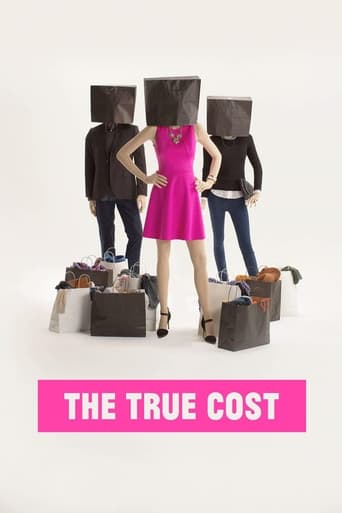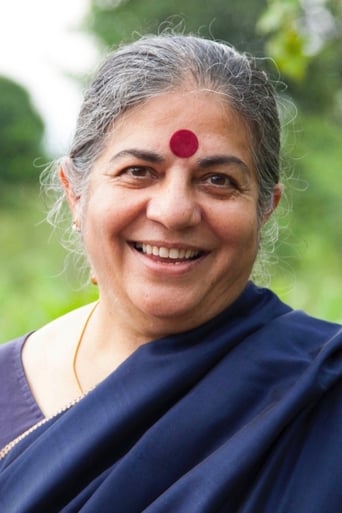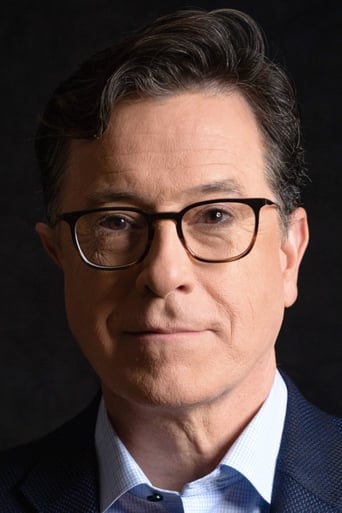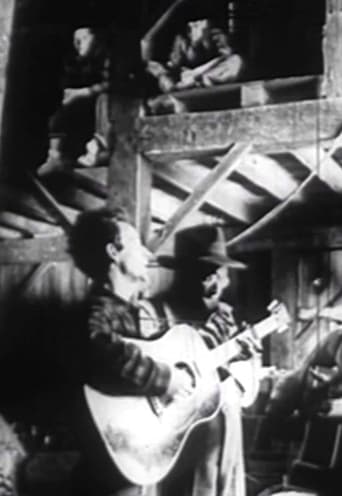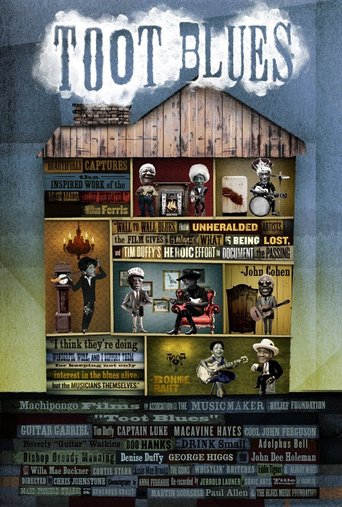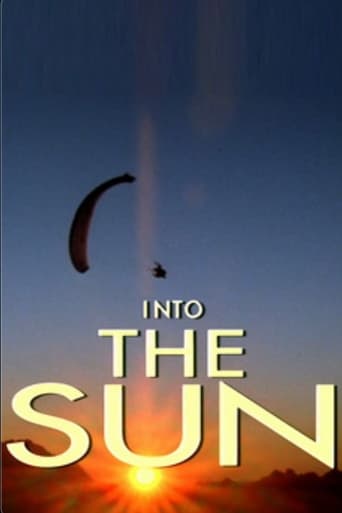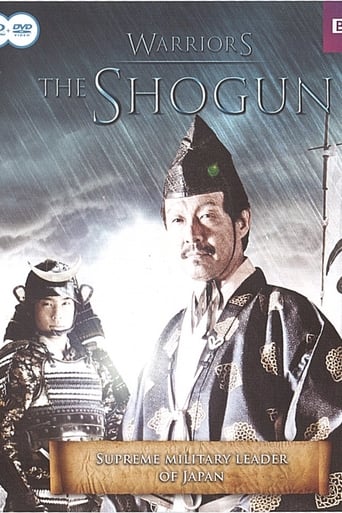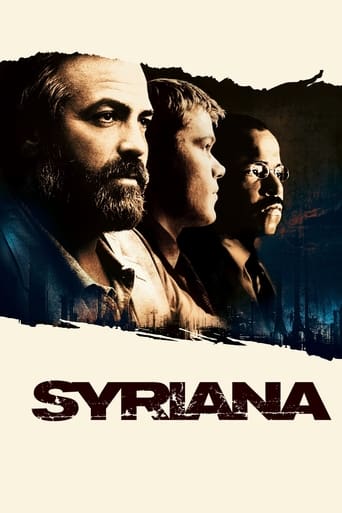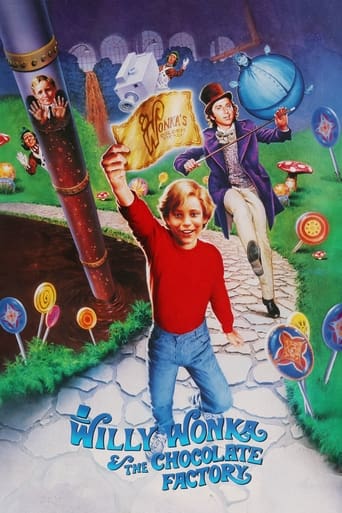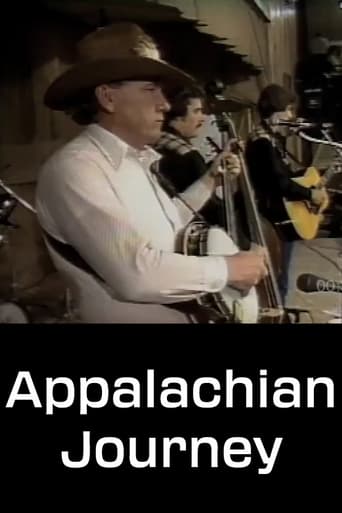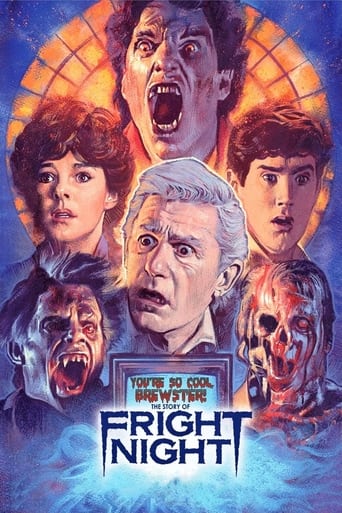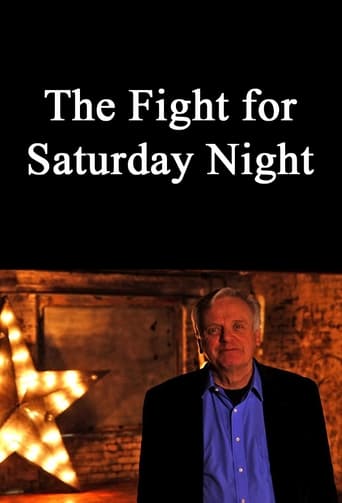The True Cost (2015)
Film from Andrew Morgan. The True Cost is a documentary film exploring the impact of fashion on people and the planet.
Watch Trailer
Free Trial Channels
Cast


Similar titles
Reviews
just watch it!
Awesome Movie
Am i the only one who thinks........Average?
One of the most extraordinary films you will see this year. Take that as you want.
"The True Cost" is a documentary by Andrew Morgan which explores the whole network of clothe's production and consume, unlatching the concept of fast fashion and his implications. Approaching the social and envirement impacts, the film shows the true cost of the fashion consume in this age, including the physical and psiquic ills caused by the chlote's production in poor countries without labor laws, ground's contamination caused by the agriculture required for the sector's industry and the social problems related to the economic policies and globalized production chain. The great problem of this film is the attempt to investigate all the issues intrinsic of the fashion cost. When treating multiple questions, the documentary ends up becoming a shallow investigation, without deepening and solidity. This desorganization is allied to a lack of interactions with the viewer and boring interviews, besides not including important social actors of the fashion production.
This is an interesting documentary on the garment/fashion industry that is destroying the planet and people's lives. The film juxtapositions western consumerism and third world conditions, but not so much to drive the point as a Michael Moore film. It appears instead of buying clothes that will last we buy throw away items. The result is environmentally bad. Interesting to find out is that we also send so much donated items to Haiti, that we have ruined their local garment industry.The film also looks at farms, seeds, pesticides, and disease in the third world due to the garment industry. It pushes "Fair Trade" on us. Steven Colbert has replaced Noam Chomsky for commentary, for better or worse. The Stella McCartney train interview with shadows hiding an oddly tilted head should have been shot over. During the film a Bangladesh factory worker has supposed to visit London (?) and report back to the village about their customers. I expected that to be the climax of the film with her saying something poignant, but it never happened. Too much Stella McCartney.This was a three star production on a five star message. Was this a commercial for "Fair Trade?"Note to self: Jos. A. Banks is cheaper than paper towels.
The exploitation of wage-slaves in developing countries as a key component of our current economic system is a very important topic, one that I'm deeply interested in, but this film doesn't do the subject matter any justice at all. The collapse of the factory in Bangladesh and the narrative about the mother who tried to unionise but was shut down by the owners, along with a brief but similar story in Cambodia are really the only parts of the film that had anything to do with the premise. The rest of the film is just a mess. The time wasted on following around a woman who works for a "fair trade" clothing company just comes across as a long-winded advertisement, and conveniently skirts the issue that this woman is still a capitalist who is profiting off the labor of people in other countries. She throws the phrase "fair trade" around a whole lot without ever actually defining what it means in respect to her company's business practices. I guess we're supposed to feel good that the poor people in Bangladesh are being slightly less exploited by her company.The non-sequitur in the middle of the film about GM crops and "organic" cotton is where I really started to lose respect for this film. The charlatan known as Vandana Shiva makes an appearance, spouting out her typical disinformation about the "evils" of GM technology. This woman is not by any means a scientist, and is not in any way an expert on biotechnology or agriculture. So many of her claims have been debunked a thousand times (namely the claim that GM crops have led to increased suicide rates in India) that it almost defies belief that people still listen to anything she says. All I can really say is look to actual scientific/public health organisations and they all agree that GM crops are perfectly safe. "Organic" food (and especially clothing, what a joke!) has no health benefits over conventional crops and is actually a hugely profitable capitalist enterprise in itself, despite the wholesomely smug, "we're the good guys" image that these companies use to market their overpriced crops to the worried well. Say what you want about Monsanto trying to monopolise on seeds (which isn't true by the way, there are other companies in the GM market), just realize that the patenting and marketing of seeds was around way before GM and exists in the "organic" world as well. This economic angle has nothing to do with the safety of the crops, their environmental impact, or the fact that we almost certainly will need GM crops to feed the world. The ability to design high-yielding crops to adapt to the catastrophic climate change that's on the horizon, or to remedy nutrient deficiencies in the developing world (just read about how Shiva worked tirelessly to sway public opinion against Golden Rice) makes this technology invaluable to the future of our species.
True Cost is a honest, interesting and meaningful documentary about industry of clothing today and how simple everyday acts of greed and consumption can have devastating results in the lives of millions around the globe. Although it is not so much provoking, it is filmed by a certain distance but it makes direct comments for all the above subjects. In this film everything seems to be connected, from the fashion icons and clothing industry to the GMO cotton seeds made by one of the biggest profitable companies today and the terrible situations that labor workers face when they ask a raise of salary for their minimum and basic needs. The end credits was a clever ad which let us watch the director himself shooting with his camera in some of the places he visited for filming this documentary. Also, when a certain song with title "I want it all" starts to play in the scene where we watch people running like maniacs to buy whatever they catch on a Black Friday Day in U.S.A, it is completely in tune with the scene and shocking, it hits us in our gut how can people be so blind and to seek happiness or social success in materialism and consumption of things. Truth to be told, in the century we live in, we are accustomed to be accepted from the society for our looks or our social and economical level. There is a reference in Martin Luther King J. in the film, saying that "What America needs is a revolution of values". But this is more than America, it is global, and documentary has a hopeful message at the end, proposing that this situation might change in some years maybe and people start to think of other people and not of profits and money. As much as I doubt this assumption, it is of high importance that more films being made like this one, from respectable people that care enough to spread the truth all over the world, for people to see and realize what is the true imperative of humanity and human nature.

